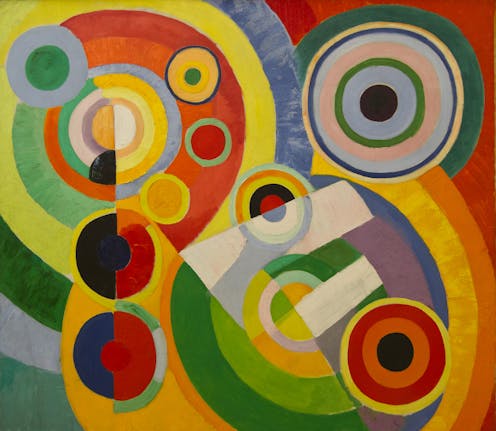More weird books, please! Two prize-winning authors add to the puzzle of the post-post-postmodern novel
- Written by Emmett Stinson, Associate Professor, Writing and Literature, University of Tasmania

What superseded literary postmodernism? Many contenders have been proposed: the new sincerity, metamodernism, even late postmodernism. But none of these terms have persisted.
The novel in English may now be dominated by autofiction, but autofiction arguably extends key aspects of postmodernism: it critiques universalism and emphasises the self-reflexively performative nature of identity.
In a recent reflection on Fredric Jameson’s seminal essay collection The Cultural Turn, McKenzie Wark noted this persistence of postmodern aesthetics:
there is now even retro-pomo, a kind of meta-retro, or meta-pomo, a return to the return to the return.
The two winners of the second Novel Prize – Jonathan Buckley’s Tell and Anne de Marcken’s It Lasts Forever and Then It’s Over – could not be more different in their substance and methods, but both seem part of this postmodern revival. They share an essentially postmodern disposition: both foreground the relational nature of truth; both inhabit popular genres for highbrow ends.
Review: Tell – Jonathan Buckley (Giramondo) & It Lasts Forever and Then It’s Over – Anne de Marcken (Giramondo)
The Novel Prize has quickly established itself as a major award in Anglophone literary culture. The biennial prize is run by three excellent publishers: Giramondo in Australia, New Directions in North America, and Fitzcarraldo Editions in the UK and Ireland. Winning manuscripts are published simultaneously by all three.
The inaugural winner, Jessica Au’s Cold Enough for Snow (2022), was a masterful work and one of my favourite Australian novels of the past few years. Though it nominally follows a mother and daughter travelling in Japan, it exists in a liminal space that feels simultaneously realist and surreal, exploring territory between traditional and experimental novelistic forms.
Given that all three publishers behind the Novel Prize are known for their complex and innovative fiction, Cold Enough for Snow was an ideal first winner: an exceptional novel with experimental qualities, but one that could still appeal to a broad audience.
Read more: The responsibilities of being: Jessica Au's precise, poetic meditation on mothers and daughters
Do tell
The two fascinating novels that have won the most recent Novel Prize are not particularly difficult, but their relationship to established traditions of experimental literature is clear.





